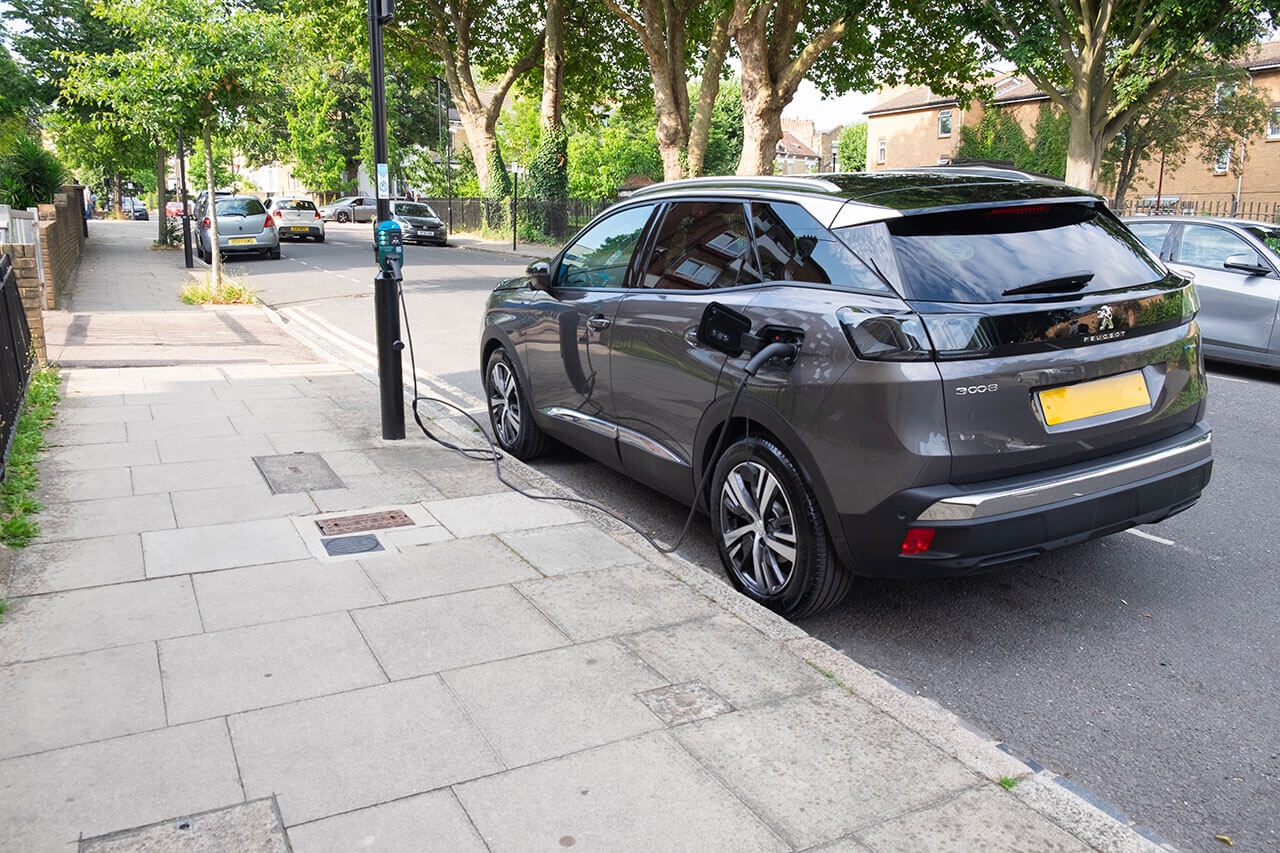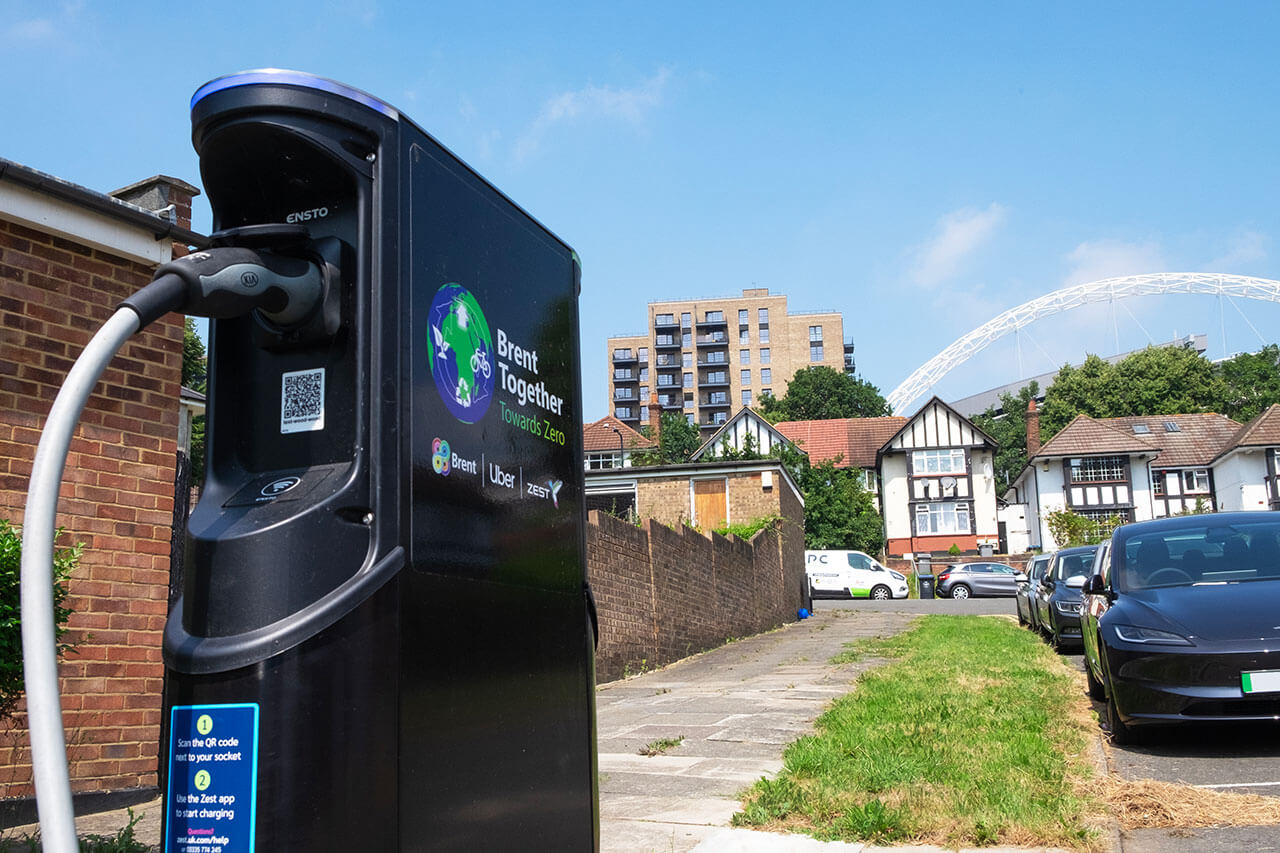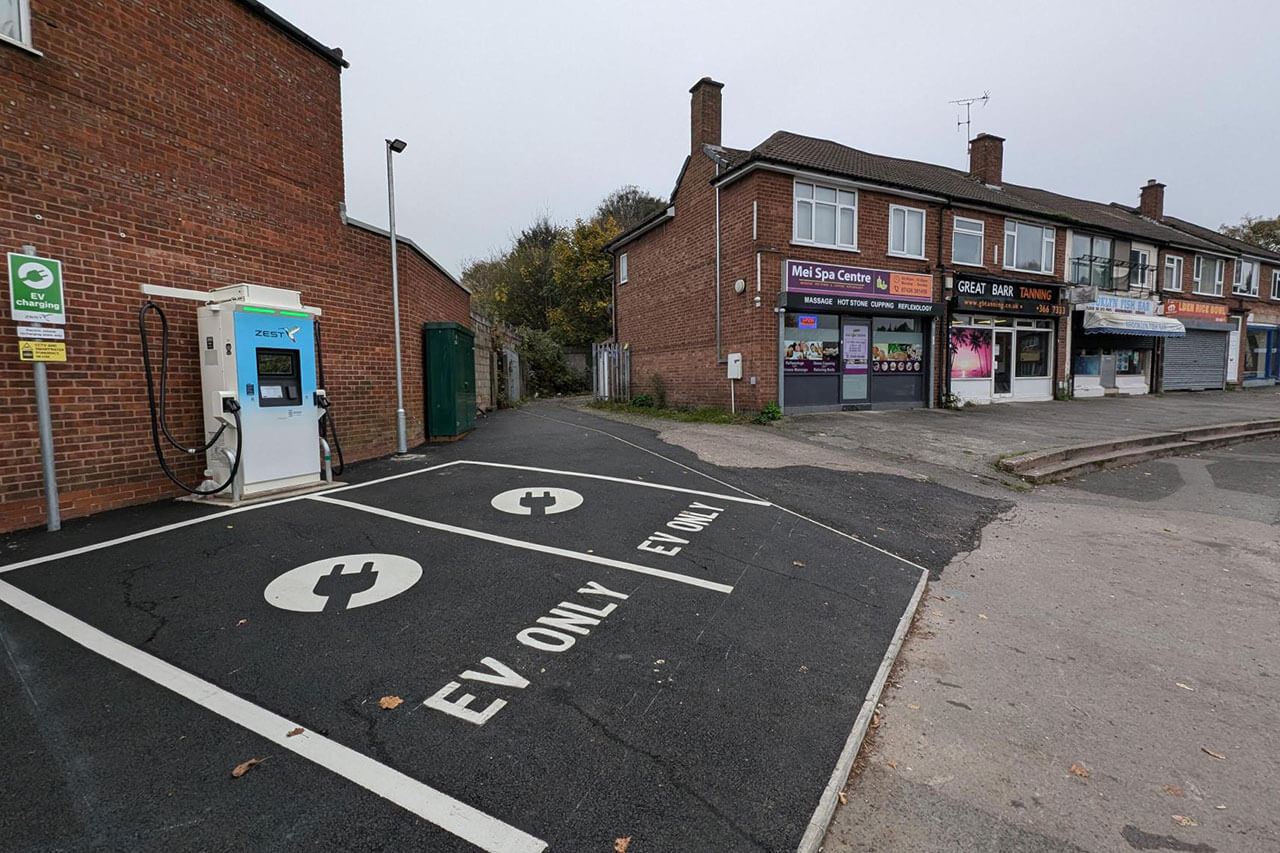As the largest contributor to greenhouse gas emissions in the UK, transport has a critical role to play in the nation’s journey to net zero.
Transitioning to electric vehicles (EVs) is a crucial step in reducing emissions and improving local air quality. However, many drivers remain hesitant to make the switch, citing EV charging availability as the main barrier.
With nearly half of UK households unable to accommodate home charging, there is an urgent need for reliable public charging infrastructure. Amongst those who can charge at home, private charge points are disproportionately concentrated in wealthier areas, leaving many lower-income households without viable options. This highlights the need for a fair and inclusive public charging network, one that is equitably distributed across all regions and socioeconomic groups. Such an approach will make the transition to EV inclusive and accessible for all.

27% of EV drivers who avoid public chargers do so due to inconvenient locations, highlighting the importance of strategic, well-placed infrastructure. Community-centric EV charging offers an effective and practical solution by delivering reliable, local EV charging where residents need it most.
Backed by the government-sponsored Charging Infrastructure Investment Fund (CIIF), Zest is deploying charging facilities that are synchronised with people’s lives, where they live, work, shop and socialise. We’re partnering with local authorities to fund and operate large-scale, long-term EV charging projects, enhancing the scope of LEVI funding. Our partnerships deliver a complete turnkey service, generate new revenue streams, and demonstrate our commitment to social value.

We’re also addressing gaps in infrastructure by creating new charging facilities that supplement locations covered by local authority projects. Using data-driven insights, we ensure chargers are installed where they are needed most. Zest’s community charging sites expand the reach of existing initiatives, filling gaps where public funding may be unavailable and increasing overall accessibility for residents.
These sites are not only essential for accelerating the transition to EV but also provide valuable public amenities that benefit local communities. The substantial investment in these areas adds value and encourages local growth. By regenerating underutilised land, Zest is creating clean, secure and well-monitored charging stations. This leads to improvements in local air quality, which in turn results in better public health outcomes for residents.

The transition to electric vehicles is essential for tackling climate change and improving air quality. However, for this shift to be successful, access to reliable and well-distributed charging infrastructure is critical. By focusing on community-centric charging solutions, we ensure that EV adoption is inclusive and accessible for all, regardless of property type or location. With the right infrastructure in place, we can drive forward the UK’s transition to a cleaner, healthier and more sustainable future for all.
More Information:
Find out more at www.zest.uk.com











